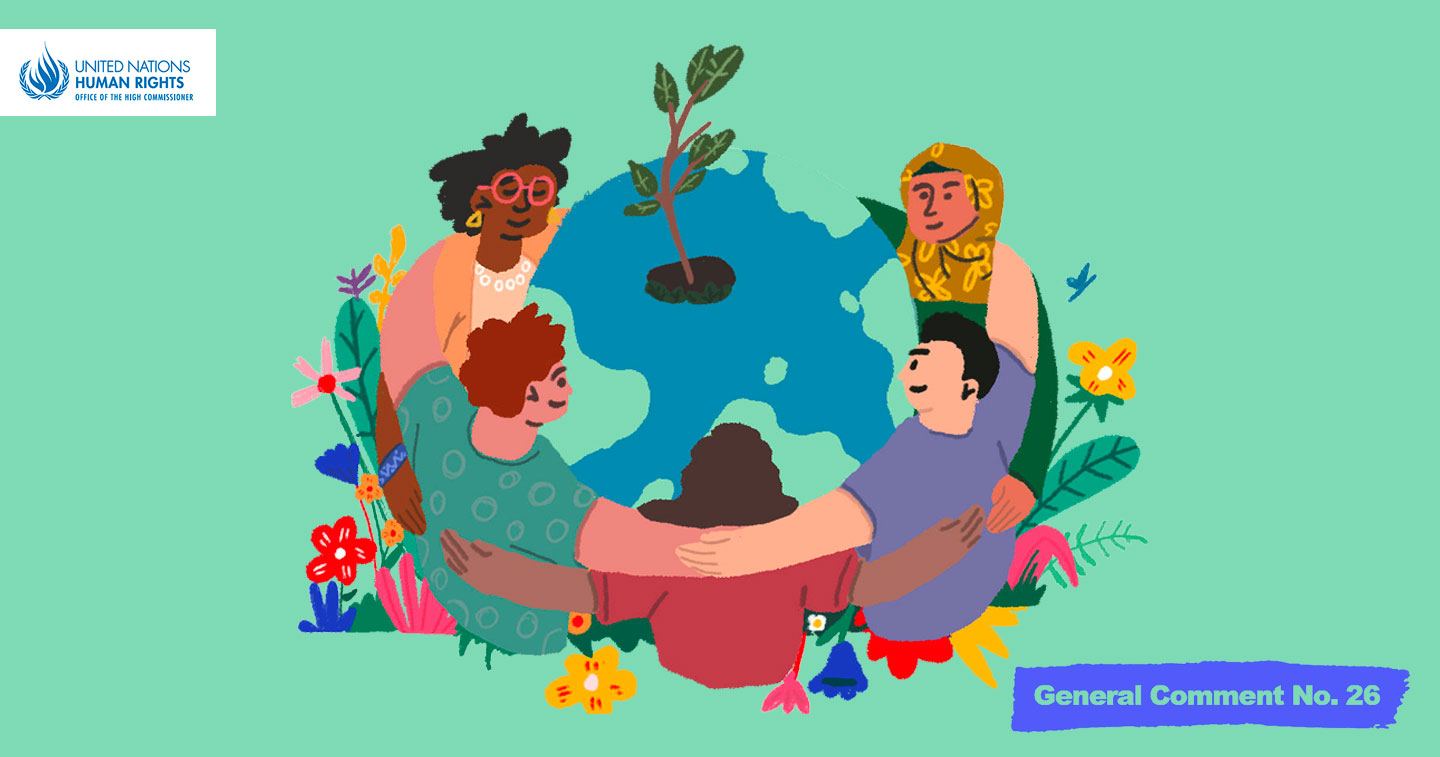MANILA, PHILIPPINES — The United Nations (UN) Committee on the Rights of the Child has published General Comment No. 26 on children’s rights and the environment with a special focus on climate change.
The first authoritative and comprehensive interpretation of Member States’ obligations in fulfilling children’s rights to a clean, healthy, and sustainable environment was issued under the UN Convention on the Rights of the Child (CRC).
“General Comment No. 26 on children’s rights and the environment with a special focus on climate change,” explicitly addresses the climate emergency, the collapse of biodiversity and pervasive pollution.
Member States such as the Philippines are also urged to take immediate action including organizing the phase-out of coal, oil, and natural gas and shifting to renewable energy sources, improving air quality, ensuring access to clean water, transforming industrial agriculture and fisheries to produce healthy and sustainable food, and protecting biodiversity.
“The climate crisis is a child rights crisis. Governments must protect the rights of every child, especially boys and girls living in countries that have contributed least to this problem but are enduring the most dangerous floods, storms, and heat,” said UNICEF Philippines Representative Oyunsaikhan Dendevnorov.

The CRC is the most widely ratified treaty in the world, created in 1989 and ratified by 196 states. It outlines universal children’s rights such as the right to life, survival and development, and the right to health. The Philippines was one of the first countries to ratify the CRC in August 1990.
The Philippines ranks first in terms of disaster risk according to the World Risk Index for 2022, as well as the first in the East Asia and Pacific region on the Child Climate Risk Index (CCRI). Extreme weather events are increasing in frequency, and slower onset climate impacts, such as rising sea levels and increasing temperatures are affecting the health, nutrition, and education of children in the country. Poor children, children with disabilities, children who belong to indigenous groups, children in situations of armed conflict, and girls, are especially vulnerable.
General Comment No. 26, a result of global and intergenerational engagement, requires States to be responsible not only for protecting children’s rights from immediate harm but also for foreseeable violations of their rights in the future. States can be held accountable for environmental harm occurring within their borders, as well as the harmful impacts of environmental damage and climate change beyond their borders. Children’s views must be considered in environmental decision-making, and equipping them with education and tools to act, advocate, and protect themselves from environmental harm is also critical.
UNICEF Philippines upholds the rights of children and empowers them to claim their rights to a healthy environment. Apart from responding to children’s needs during disasters, the UN children’s agency builds the capacity of children to be involved in disaster risk reduction, institutionalizes their participation in resilience building, and creates opportunities for poor children to partake in the transition to a green economy.
UNICEF’s new five-year partnership with the Philippine Government starting in 2024, which is still under development, outlines a clear strategy to help build climate and disaster-resilient environments. The proposed Safe and Sustainable Climate, Environment, and Resilience program is a testament to UNICEF’s commitment to this emerging area of assistance and the urgency of the “polycrisis” for children.
Strong synergies with UNICEF’s other programs such as Health and Nutrition, Learning and Skills, Child-sensitive Public Policy, and Child Protection hope to generate evidence, strengthen preparedness and response, mainstream child-centered climate change adaptation and disaster-risk reduction, support local governments, and highlight the voices of children, among others.










